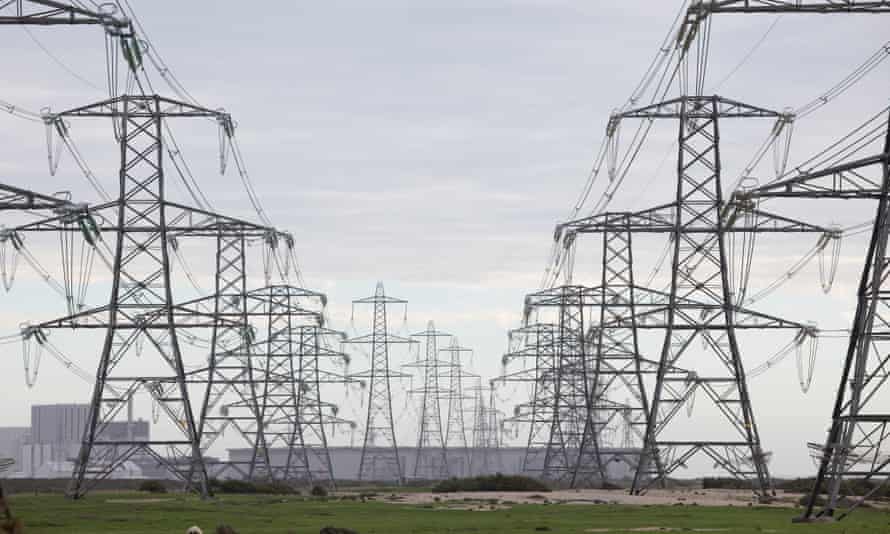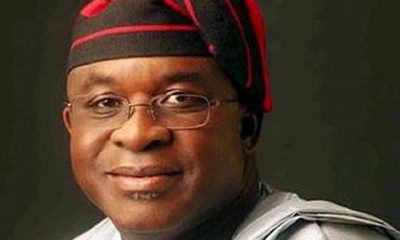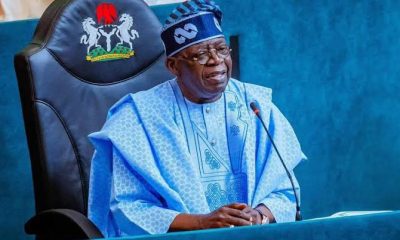National
FG Explains Reasons For Frequent Grid Collapses in Nigeria

The Federal Government has cited outdated equipment, insufficient resources, and poor maintenance as the primary drivers behind the recurring power grid collapses in Nigeria, with 2024 marking ten such incidents already.
This announcement follows the latest grid failure, which struck just a day before. Nafisatu Asabe Ali, head of the investigative committee examining these failures, presented a detailed report at the Ministry of Power’s headquarters in Abuja, explaining that overvoltage and equipment issues led to blackouts on October 14 and 19. The report highlighted specific failures, such as the malfunctioning lightning arrestors and the explosion of a current transformer at transmission stations in Jebba and Oshogbo.
Ali explained, “On October 14, high voltage caused lightning arrestors in Jebba and Oshogbo to shatter. In Jebba, a lightning arrestor for the shunt reactor failed, resulting in multiple 330kV line trippings.” She further noted that Jebba’s outdated infrastructure — some dating back to its 1968 commissioning — leaves it vulnerable to high voltage, which degrades insulation and leads to equipment breakdowns.
The committee also pointed to broader challenges, including insufficient power governors at generation plants, disorganized maintenance schedules, and staffing shortages. Ali noted that aging infrastructure, such as Jebba’s decades-old equipment, has been a key factor in the system’s vulnerabilities.
In response, the Minister of Power, Adebayo Adelabu, emphasized the government’s commitment to addressing these issues. He announced plans to request increased funding through the 2024 Supplementary Budget and 2025 Appropriation Bill to implement needed repairs and upgrades. Adelabu underscored the urgency, stating, “The ongoing grid collapse is concerning and regrettable, not only for the power sector but for the nation as a whole.”
The committee’s report also recommended a series of actions, including an audit and thorough testing of current transmission equipment, improved maintenance protocols, and installation of harmonics filters by electricity distribution and generation companies. Other key suggestions included decentralizing the Transmission Company of Nigeria’s (TCN) central store, enforcing a Free Governor Mode of Operation, and removing the ad-lash-taped optic fiber from Optical Ground Wires.
Adelabu assured that he would submit a comprehensive proposal to President Bola Tinubu to secure the necessary funds for these improvements, as Nigeria seeks to stabilize its power grid and reduce the frequency of collapses.
Send Us A Press Statement Advertise With Us Contact Us
And For More Nigerian News Visit GWG.NG











